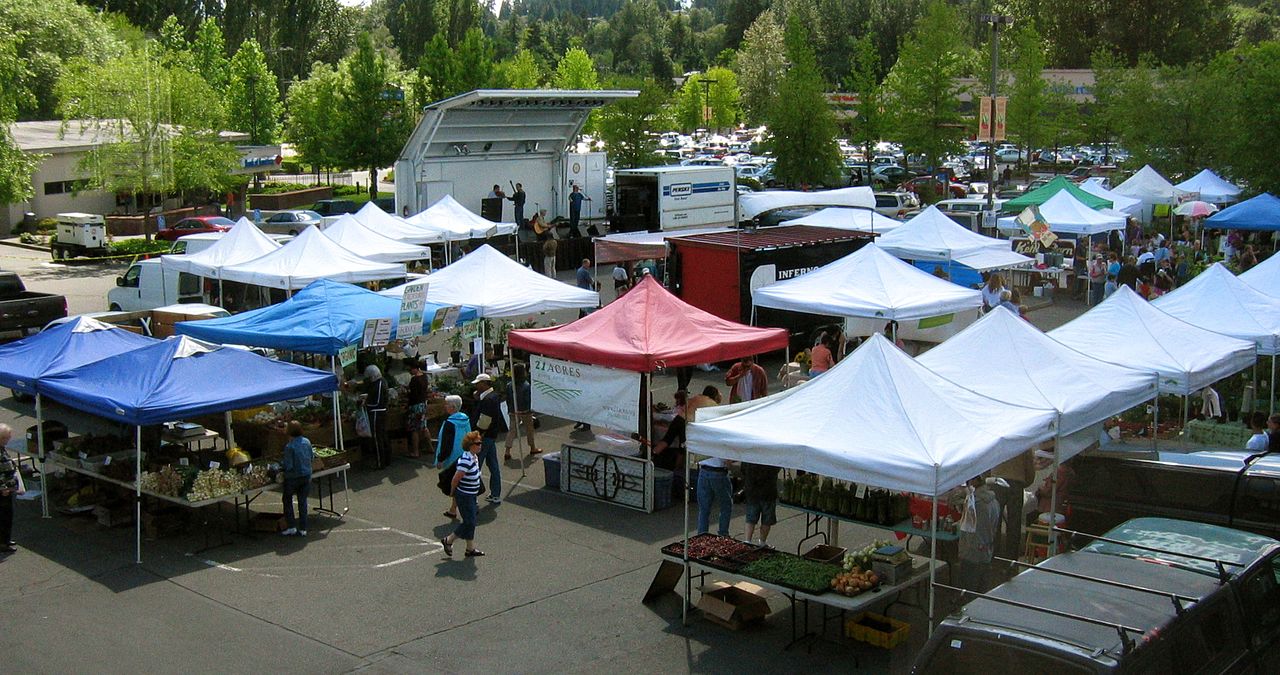
With Covid19, aka the coronavirus, come restrictions on people’s outdoor movements and gathering. This means that, while supermarkets are considered essential, it seems to be case by case for other food markets: instantly, farmers markets are shutting all over Europe with serious consequences for small producers. Digital food platforms have never been more urgent. In this new restricted mobility context, Open Food Network is perhaps the best example of a good food network that’s digitised, cooperative, open source, not for profit and ready for your community.
New Digital Order(s)
The landscape in agri-food is changing rapidly, in an unprecedented way with severe implications for everyone involved in all aspect of it. One huge change is the people-to-people change: the severe restrictions placed on outdoor gatherings, on proximity (social distancing) as well as a massive move over to digital technologies as a way to connect, and to keep economies operational.
Farmers’ markets are being hit now, with more and more being asked – or compelled – to shut due to Covid19 and the need for social distancing. While some might make the case that an outdoor food market is both essential and perhaps safer than an air conditioned indoor supermarket, nevertheless these restrictions are in and intensifying day upon day.
At the same time, producers are seeing a real upswing in demand – from seed sellers to CSAs, organic dairy companies to large horticulturalists, as this short twitter thread of replies shows
Into this vortex steps what has until now, been a fringe, but always potentially disruptive force – the digital online food selling platform. Of these, the most promising, in a number of ways, is the Open Food Network.
Feeding Ourselves
Open Food Network (UK) was introduced to Ireland at Feeding Ourselves, an annual gathering ARC2020 is involved in, which was held in a packed WeCreate enterprise Centre in Cloughjordan Ireland at the start of March. There 70 people from 18 counties all over Ireland – Donegal to Kerry, Wexford to Leitrim – gathered to continue their collective work on a better food system.
It was a bizarrely different time, just a few weeks ago but utterly utterly different to our world now – an Iron Curtain has been drawn over a different epoch. Then the logic of a collectively owned digital platform was that it was a savvy and efficient way for small agroecological producers to get to market.
Now, its about survival in the covid-19 era, about working out ways to support self-isolating family units and people who can’t connect in any of the usual ways.
There were four main strands this year – collaborative distribution, policy matters, better farming and food sovereignty. The first strand focused primarily on new developments in the digitalization of coops and food supply systems.
The Open Food Network
Nick Weir of the Open Food Network beamed in from the UK to outline a innovative approach to getting small producers to market.
https://www.youtube.com/watch?v=Isuk7JjtkYY
Open Food Network (OFN) is similar on many ways to other digital distribution systems: typically customers pre order on a website from a number of producers; it’s delivered on one day to one place where it’s collected. This cuts down massively on the kind of costs and risks associated with farmers market. So there are far fewer staff and what you bring is presold, and thus not weather dependent.
There are many versions of OFN – wholesalers can manage buying groups and supply produce through networks of food hubs and shops; communities can bring together producers to create a virtual farmers’ market, building a resilient local food economy. As an extra service and income generator, organisers or producers can deliver to people‘s houses afterwards.
OFN focuses on the agroecological, food sovereignty local coops end of the market, with options for hub managers to upload biodynamic certification for consumer verification, as an example of their focus.
OFN is deployed in 13 countries. An order cycle allows shoppers to build up a basket for collection at a specific time. It can connect to any accounting software, including quickbooks, while different mark-ups can be assigned to different producers.
Another nice aspect of the OFN is that producers can post in there when there is a glut of produce. Customisable boxes of surplus can be made for non-CSA customers at higher prices, while in the one Nick Wier himself uses, in Stroud, non-food stuffs are now also part of the offering, such as firewood from a woodland community enterprises. Another interesting feature is tagging – certain customers can be tagged to get a special rate, or certain pick up points can be only visible to tagged people and not publicly available, where cash-on-delivery systems can be used.
OFN can act a shopfront for businesses not equipped for taking online payments.
With such a big global network, adjustments and advancements made in one place can be taken on by others everywhere, and immediately, for free. So when improved weighing functionality was developed by one hub, all were able to adopt it.
Weir recommends, were a group to take this on in a new location, they should have some funding in place to help establish it. Hosting the platform also costs money (about e50 a month), while software updates need to be managed. There is a super-admin handbook available.
Cautionary Tales
Initiatives like Neighborhood and the Food Assembly in Europe appear to be similar. However, OFN has its code owned by a charity and is designed to be free, and developed by people in a collaborative way: there is a forum where people help each other use it better, from sharing tips on the technology to info on produce and packaging.
OFN only takes a 2% margin, while other initiatives typically take 10-20%. Also, as a cautionary tale, when venture capitalists get involved, the common good isn’t always to the forefront. In 2018, Reuters reported:
French online farmers’ market La Ruche qui dit Oui – branded as The Food Assembly in English – has won 8 million euros ($9 million) in funding as venture capital firms seek to enter Europe’s expanding “food tech” market.
The five-year-old company has been backed by investors including Felix Capital, the $120 million London-based European venture fund recently launched by Frederic Court, and Fred Wilson of New York-based Union Square Ventures.
And then? Well, it simply wasn’t profitable enough, or in their own words: “after four years there are not enough Assemblies flourishing in the UK”
Of course, with a peer to peer, for the common good non proprietary platform like OFN, this isn’t such a big deal – how small is too small?
Venture capitalists, as we’ve seen in the expressed so clearly by Guy Singh-Watson of Riverford Organics, demand big returns on their investments – returns that are very difficult to sustain:
“The sale of Abel & Cole to venture capitalists in 2007 precipitated a plague of oily suits from the city, snaking their way to my door and promising to lubricate my passage into well-heeled retirement. The prospect felt like selling one of my children to a brothel, plus, all the entrepreneurs that I have met who sold up are depressed…”…adding “the appalling situation at the Co-op bank shows that ideology and values can never be a substitute for competence and good management.”
He thinks a growth rate of 7 or 8% annually is necessary: “With this we can do new things and generate new opportunities for staff; but venture capitalists would want 30-40% growth” he told his local Devon newspaper.
Owner Eschews Huge Cash Windfall as Riverford Organics handed over to 650 staff
Turns out the Food Assembly digital platform, when sold onto venture capitalists, pulled out of the entire UK market and left 60 coops, food hubs and so on without a market after a three month warning. The Venture Capitalists didn’t find the UK to be profitable enough. This simply can’t happen with OFN, as its non-proprietary.
That said, OFN recognise people use, and like to use different platforms, so there is an interoperability function in OFN, and a team who work on making the different systems useable together. The data food consortium in France -brings all digital platforms together, incl OFN, works on interoperability.
Since Feeding Ourselves, the whole thing has blown up. OFN is super-busy, with an expanded team of people to help with onboarding, and with both producers and markets looking to the network to survive due to the severe restrictions on people ‘s movements in general and on farmer’markets in particular.
The OFN team have been holding webinars full of people from various organisations interested in establishing a spur of the OFN in their community. This morning, I sat in on one with 15 or so people from a number of food and farming organisations. The urgency is palpable. The world is ready for digital platforms now in a way that it simply wasn’t before.
There is now a ready handy guide to onboarding with OFN. 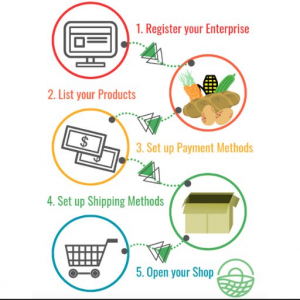
Open Food Network instances around the world are finding ways to share information and tips about how to respond to COVID-19. Here are some key links:
Open Food Network Australia forum thread
Open Food Network UK forum thread
Global webinar 18th March 2020 – slides, recording and notes
Open Food Network UK webinar 18th March 2020 – slides, recording and notes
So will OFN continue to grow, or will the propitiatory examples thrive though established convenience?
Whatever happens, whatever platforms emerge and get through this period, this is undoubtedly a phase of comprehensive transformation.
Coping with Covid19





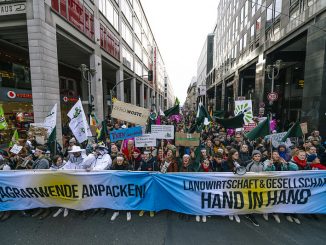
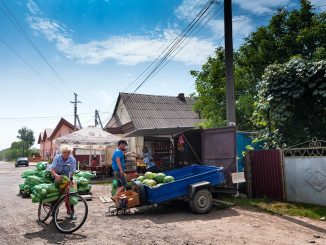
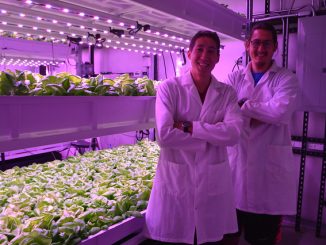
1 Trackback / Pingback
Comments are closed.